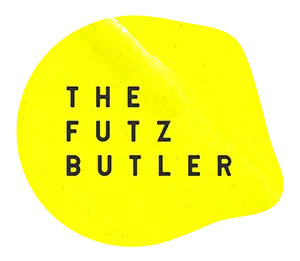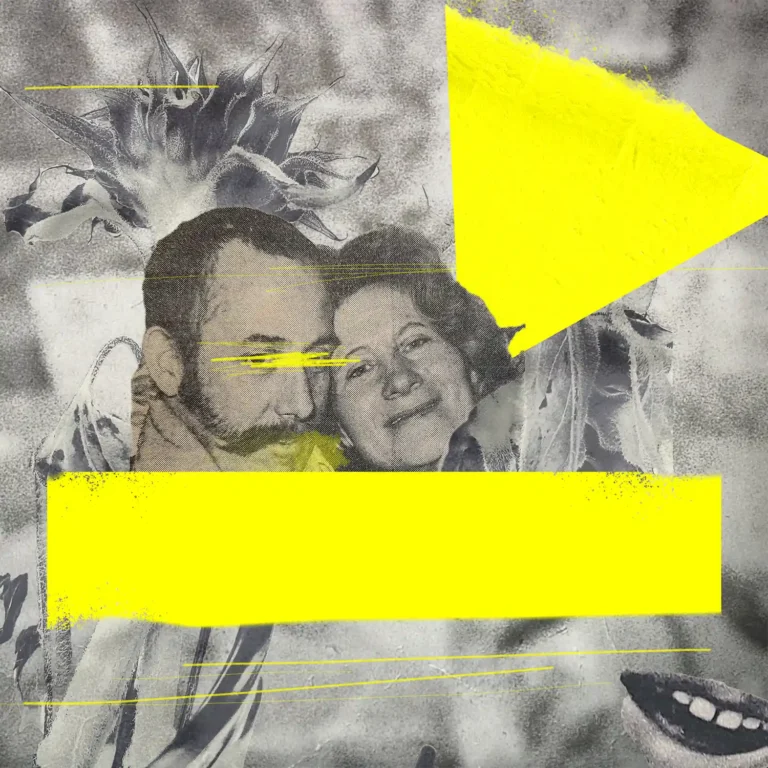As the mistletoe goes up and the mulled wine starts to brew, we take stock on what’s been a fascinating year in our industry.
From fake news, fragmented states (Brexit zzzz) and whether or not it’s possible to buy space on Gareth Southgate’s waistcoat, it’s been a tumultuous ride for us all. But a new year always brings different cultural and social challenges which frame the backdrop of our work and what we deliver to clients. And 2018 was definitely the year that issue-based advertising really landed. With rising environmental concerns, brands clamoured to be seen as socially responsible: whether that was through sustainability (Unilever publicised their objective to become carbon positive by 2030), diversity (like Ashley Graham and Paloma Elsesser’s joint Vogue Arabia cover) or through mental health (just look at The Remote Gambling Association’s recent decision to ban advertising during live sports broadcasts).
Brands quickly began distancing themselves from the historical rhetoric financial gains, instead earnestly disguising share price growth under a cloak of ethical thought piece films (we’re looking at you, Iceland). Perhaps not all that shocking following British national treasure David Attenborough’s continued pleas to world leaders on the global threat of climate change which finally saw Joe Public grasping the severity of the situation.
While they might be subjects everyone’s talking about, it’s all too easy to pay it superficial lip service; gratuitous casting, forced dialogue, self-conscious writing. The mighty Adam & Eve/DDB kicked off a very decent year of work for Lloyds with this film in partnership with Mental Health UK. Illness and disability don’t discriminate, and the perfect casting (interspersed with a few familiar faces), beautifully muted direction and nuanced performances reminded us of that without ever preaching or forcing the issue.
Time’s up, advertising
It would be remiss to pull together an end of year review and not address the swathes of sexual assaults that were reported as part of this year’s #MeToo movement across the industry. In the face of harassment and discrimination, 180 female agency leaders announced the launch of Time’s Up Advertising, an official “vertical” aimed at discussing and addressing the industry’s pervasive problems with sexual harassment and gender inequality. The group is calling on every agency, women-run or not, to join the effort by keeping up with the goals listed on its website. A suckerpunch statement to position women as a powerful force to be reckoned with.
Presumably, the same thought that Nike (whose name will appear throughout this feature!) when it announced its latest campaign #theforceisfemale in collaboration with rising UK star, Jorja Smith. It was a privilege to team up with our friends at Pulse Films again (following our earlier work on Maverick Sabre’s single, Drifting) to deliver sound design for the film which premiered on British Vogue in early December. The collaboration aims to empower a new generation of female-driven creativity across music, fashion, photography, film-making and the arts more widely.
Creative teams this year, like all good auteurs, have been asking audiences more clearly than ever: what values are essential to you? It’s no longer about the products or services companies offer, it’s about whether the company embodies the same ideal as the consumer. So that means speaking out on the multi-dimensional spectrum of faiths, ethnicities, and sexualities to consider. Pride was huge for the LGBTQ community this year with countless brands pledging their support in rainbow colours; from TGI Pridays to DDB’s expertly executed Kiss Against Homophobia for Amnesty International. As a wise bunch once said, love is all you need after all.
The Art of the Authentic and Online Self
There were other notable shifts towards greater diversity as brands ditched the body-shaming shopping tactics for something a bit more authentic. After all, it’s fair to say that advertising used to be a world of mannequins living perfect lives with square jaws and flawless skin; high-fiving each other in sports cars and on yachts. Those days are thankfully (mostly) long gone, and today’s most effective creators are those telling stories of real life, shorn of airbrushing or soft lighting. Real life? People bully, people cry, people hate, skin has blemishes, bodies are different, people have flaws. This powerful film comes by way of BETC and captures all that, and more.
Online culture steered some brand choices as Italian luxury brand, Gucci launched their advertising effort which takes meme-inspired photography as presented on Instagram and turned it into an interactive layout perfectly encapsulating the world of self-aware, culturally relevant jibes. High-end fashion brands weren’t the only ones leaning on common currencies of social media. Spotify’s Wrapped campaign entered its third year, and by focussing on cultural quirks in the global media melting pot reinforced its position as so much more than just a digital jukebox. Highlights were 3754 Laurel vs 1079 Yanni playlists and 22 Engagement Party playlists featuring the BroCo song Talk You Out of It. In-house creative director Alex Bodman: “The core of our creative process is to think about the cultural moment, the tensions, the oddities, what defined the year….we have these questions, and when we go in, the answers are always so much bigger, or stranger, or better than what we expected.”
Deep Scottish Yodel Trap? Sign us up.
From Wrapped to er, Rapped…
Others were tapping into mainstream music consumption. It’s not a new concept for advertising to follow other forward-thinking art forms to shine a light on difficult issues using film, music and street art. Brands capitalised on the social clout of straight-talking influencers and online artists – just look at the news that reality TV star turned rising rap star Cardi B has just signed a deal as Reebok’s latest brand ambassador. No doubt set into motion by Nike’s decision to enlist Grime poster boy Skepta – winner of 2016’s Mercury Prize – as the hero of their triumphant viral ad Nothing beats a Londoner. If you’re going to use London in a campaign, make sure it’s the real London, in all its multicultural backstreet layered beauty. Nike and W&K did just that in their uncompromisingly authentic piece of work. But unforeseen legalities took that film off the sharing table.
It wasn’t the only time Nike would hit the headlines this year though. Brands often exempt from politics now face themselves having to become part of the wider dialogue in order to resonate with a newly politicised demographic. Even if that means polarising your audience. The genius decision to enlist former San Francisco 49ers quarterback Colin Kaepernick as the face of its ad campaign to celebrate the 30th anniversary of the slogan “Just Do It” was just one of this year’s examples. Brands bet big on coming down on one side of a controversial issue with the calculated view of cementing brand fierce loyalty with those who allied themselves to the ’cause’. Though the ad doesn’t explicitly mention the protests or police shootings, wearing Nike following the footage practically became a political statement. With a core customer demographic of under 35s, Nike’s decision epitomises this year’s recurring ideal – consumers increasingly want to know that the values of the brands they buy align with their own, but on a now outwardly ethical and not purely aspirational standpoint, as depicted in campaigns of years gone by.
A trend that appears to have only grown stronger framed through the prism of generation-defining socio-cultural divisions, driven by the likes of Brexit, the European Alt-right swell and of course a certain tangerine jingoist in the White House. The polarisation certainly paid off. Stocks have soared since the ad aired on Labour Day in the States. Burn those trainers all you like mate, we’re laughing…
Social Relevance and Reality
In the same way, the definite swing away from brand’s portraying their big business credentials has continued unabated with consumers instead gravitating towards spots that effectively espouse the human touch on a local level. Campaigns from huge corporations such as Lloyds or even The Beeb have ditched the ‘global’ approach for personalised stories of a identifiable family situations or communities.
With that in mind, we’ll leave you with this beauty from the BBC Creative and Rogue Films, arriving just as 2018 takes its leave. Wonderland embraces a lot of the themes we’ve covered here: including social relevance and reality (Mums are time-starved, teens get angry); unflinching emotion; and connectivity: the dear old Beeb still provides an entertainment hub for many at Christmas. Edward Usher, BBC Creative: “It’s about that feeling you get when you spend time with someone, how everything else drops away… it feels like we’ve got more of a right to sell that idea of togetherness than some brands.” However you spend it, we wish you all a very happy and peaceful Christmas – from all of us at The Futz Butler.




